

Street art paintings
BUY A STREET ART PAINTING CARRÉ D'ARTISTES IN THE US
Are you thinking of buying a street art painting?
Discover the benefits and advantages of investing in contemporary street art and artists, as well as how to perfectly pair it with your interior based on format and style.
But what is street art really? Where does it come from? How has it evolved over the decades? Find answers to these questions, understand how this contemporary technique draws inspiration from tradition, and learn more about the urban techniques that today create works of art.
Read more
Carré d'artistes offers you the opportunity to find the perfect piece from our collection of street art for sale in our galleries or on our website. With our diverse range of artists, you can bring a touch of dynamism to your interior.
Find an original and unique art piece from our street art paintings or sculptures and other similar styles: pop art and graffiti.
.png)
invest in a street art painting
The street art is trendy again
In the art world, street art is quite new but very fashionable. The classic investors more and more notice this art, its curve is thus in progression.
What are the benefits of buying street art?
- Investing in Emerging Urban Artists: While investments in urban artists are not yet widely recognized, trust your intuition. By doing so, you position yourself to benefit from potential value increases as these artists gain popularity.
- Generational Appeal: Current generations are more likely to identify with street art compared to traditional contemporary paintings. This connection can enhance the attractiveness and value of street art.
- Market Dynamics: Street art operates under the same supply and demand principles as any other market. This makes it a promising investment opportunity, with the potential for significant returns.
ASSOCIATING STREET ART ARTWORK WITH INTERIOR DECOR
How to integrate street art in its decoration ?
Two factors to consider when selecting an artwork for your space are format and style.
Concerning the format, for small spaces, opt for small or medium-sized paintings so as not to overload the visual space. Large spaces, on the other hand, can accommodate XXL Street Art paintings that add a touch of character and boldness to your interior.
It is also crucial to consider the style and colors of the room to choose a piece that harmonizes with your decor. If you are looking for a quiet atmosphere, opt for neutral colors.
Urban art offers the advantage of bringing dynamism to your interior. Regarding furnishings, contemporary furniture pairs perfectly with street art paintings, especially in an industrial spirit like lofts. Be careful, you should not impose any constraints.
Street art, in which room?
It is perfect for a child's or teenager's bedroom or a living room with contemporary furniture. Result guaranteed!!
WHAT IS STREET ART ?
The birth of street art : Two theories
The goal was primarily to convey religious, political, or personal messages. It is a real means of expression that has emerged to pass information, provoke reactions, and especially encourage to reflect on the mentalities of the surrounding space. Street art gathers all the forms of art realized in urban environments, streets, or public spaces.
Street artists use different types of techniques such as graffiti (Mr. Chat), collages (Banksy, Ernest Pignon Ernest), stencils (Jef Aerosol, Miss. Tic), molding (Gregos), mosaics (Invader), stickers (Obey), frescoes and giant portraits (JR, Keith Haring) or installations (Mentalgassi).
It is a committed ephemeral art made available to the public. An art form that is powerful in its message and political positioning, yet fragile in its exposure. It is discovered and disappears with the hazards of time, such as bad weather, theft, and untimely cleaning of the city...
Graffiti was born in the 1970s in the United States, inside the New York City subway. The tags are at the base of signatures which are in the right line of the parietal art. Artists establish their identity through their unique styles and graphic codes. Street art graffiti quickly became a sensation, covering trains, subways, and cars with vibrant colors and diverse illustrative styles.
Street art, a contemporary art inspired by traditions
The stencil technique is a highly impactful reproduction process of drawings, signs, and logos. This graphic medium has been used in typography since the beginning of the 12th century.
The artist cuts in rigid support (wood, cardboard, plastic, metal) and then draws or transfers an illustrative motif onto it. Street art paintings are also created using stencils, brushes, ballpoint pens, or sponges.
Next, the artist chooses a space or location and reproduces the motif with spray paint or aerosol. The same graffiti wall art can be replicated hundreds of times in different locations.
In some cities like Berlin or Lisbon, it becomes a real treasure hunt to find the works of the same artist displayed on each street corner.
The '80s
Faced with this resounding craze, the authorities tried to sanction graffiti artists in the early ‘80s. This directly affected the development of graffiti art and extended it to all major cities. All street artists strive to highlight the freedom of expression. When the Berlin Wall was destroyed in 1989, it was covered with slogans, stencils, drawings, and paintings.
Urban painting gained significant momentum. Jean-Michel Basquiat had a dazzling success with his paintings inspired by graffiti and street art.
In the early 1980s, graffiti art was popular in Europe and began to enter art galleries.
The years of consecration
After years of prohibition, street art has entered the art market. Artists like Ernest Pignon Ernest, JR, or Banksy now have exhibitions dedicated to them.
Banksy caused a sensation at an auction when he remotely self-destructed one of his works after it sold for a high price.
Street art has been elevated to the status of fine art.
The famous street artists
Jef Aérosol's self-portrait is located next to the IRCAM. It is a large stencil, covering 350m², which was inaugurated in June 2012 and was supposed to be destroyed in early 2014 due to construction. However, by March 2016, not only was the stencil still there, but it had become a part of the urban landscape and transformed into a heritage work.
Thoma Vuille, a French-Swiss urban art painter born on July 16, 1977, in Boudry, Neuchâtel, is the creator of the M.Chat series, featuring a smiling feline character. This series, initiated on the streets of Orleans, combines optimism with a culture of proximity.
Banksy's 'The Little Girl with the Balloon' is a black-and-white stencil depicting a little girl watching her red heart-shaped balloon fly away. This veiled girl and her heart-shaped balloon symbolize support for Syria.
French street artist JR embellishes walls around the world with his enormous black-and-white portraits of anonymous people. His 'Inside Out' project, which aims to "change the world," was launched thanks to the American TED Prize that JR received.
The work of Canadian artist iHeart, 'Nobody Likes Me,' symbolizes our connected society. It depicts a crying child holding a smartphone, highlighting the quest for e-reputation.
Other renowned street artists include Keith Haring, known for introducing bold, graphic art into public spaces; Invader, celebrated for his mosaic installations; and Cornbread, a pioneering figure in graffiti art.
At Carré d'artistes, we gather many emerging street artists like Graffmatt, Fabien Novarino, Deuz, Cyen...
the street art today
Street art, once considered a marginal form of expression, now occupies a central place in the urban and artistic culture of major cities.
From New York to Melbourne, via Lisbon, Paris, and San Francisco, street artworks flourish on buildings' facades and the emblematic districts' walls.
Street art in Paris has notably developed in areas such as the 13th arrondissement, Belleville, and the Marais, where local and international artists compete creatively to transform urban spaces into a place for artistic dialogue.
Thus, street art has become a significant cultural and touristic asset for large cities.
Back to the top
PAINTINGS BY STYLE




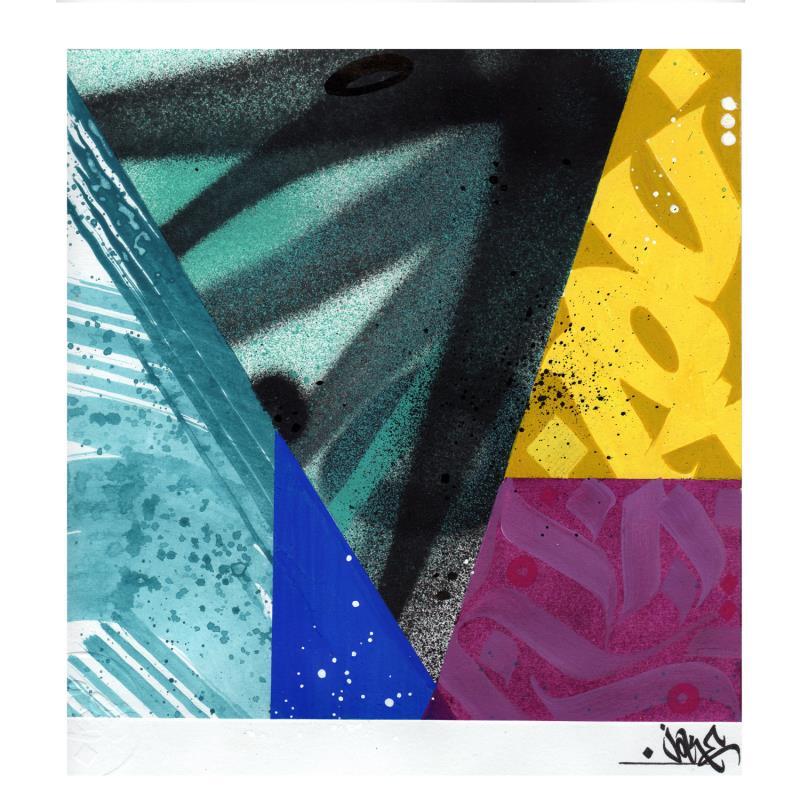
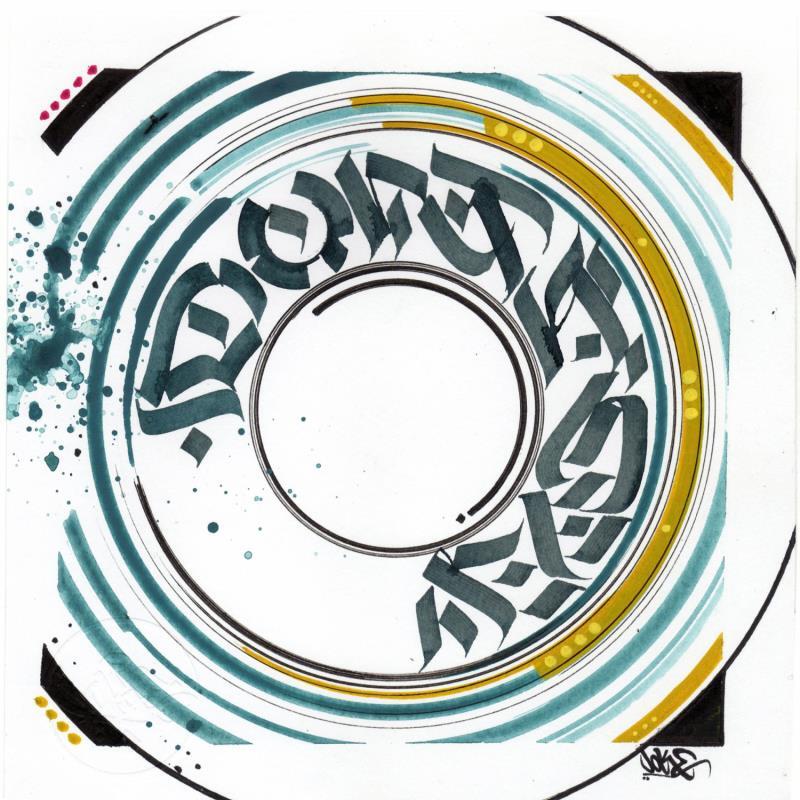
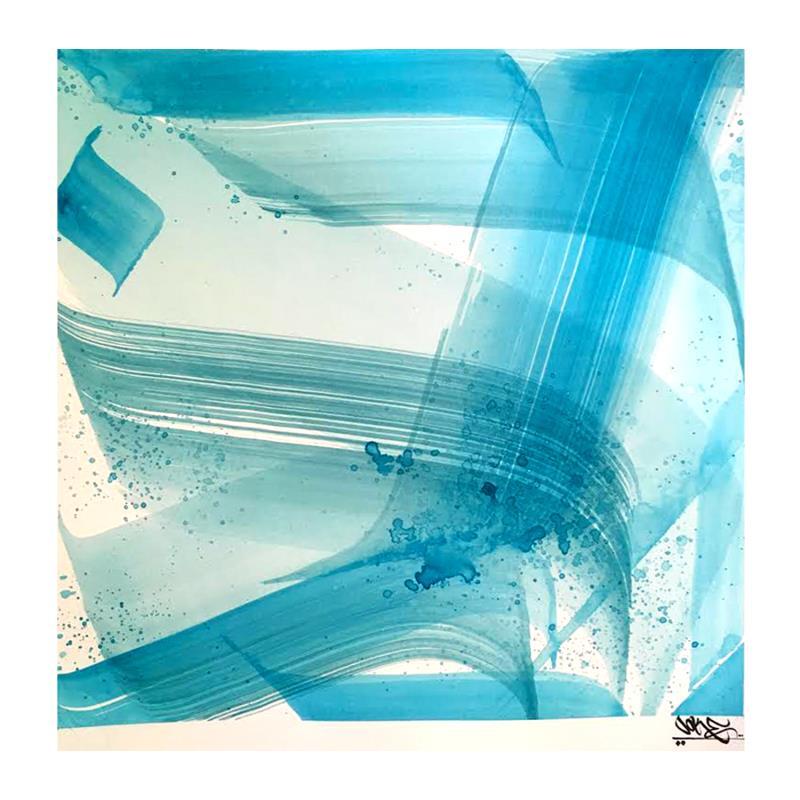
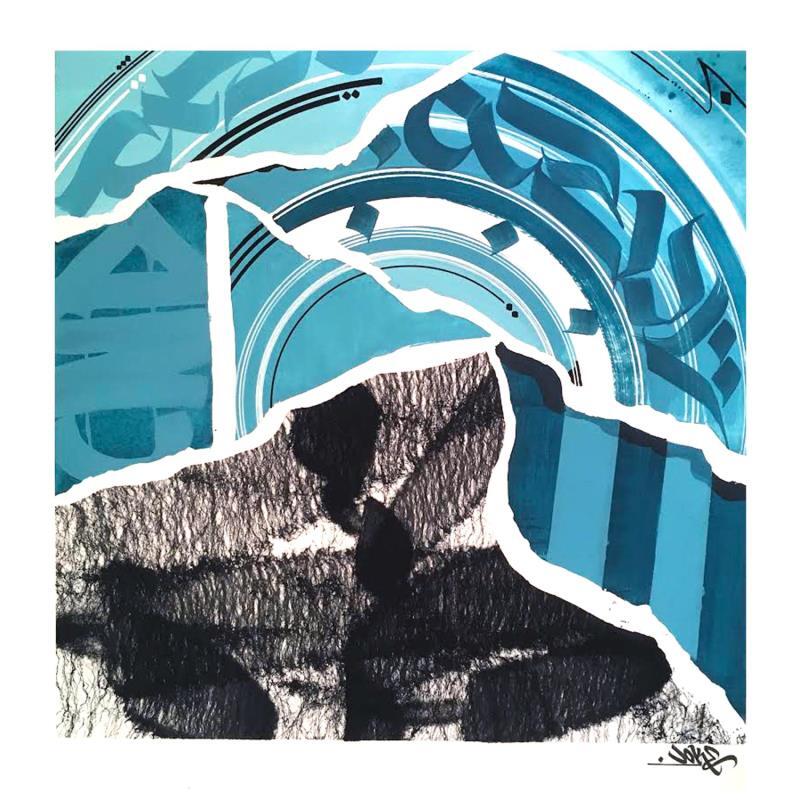
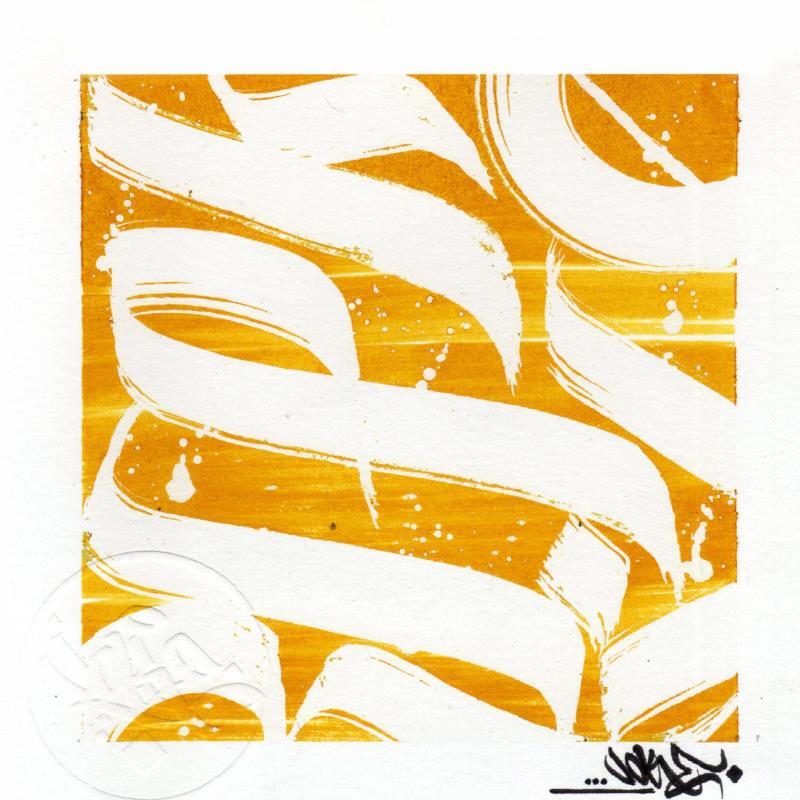
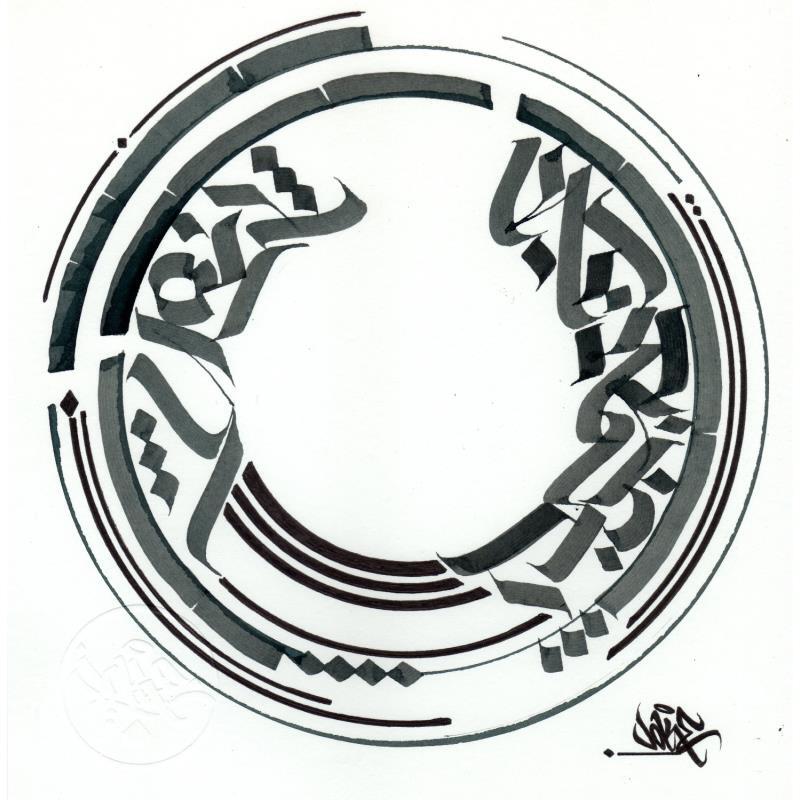
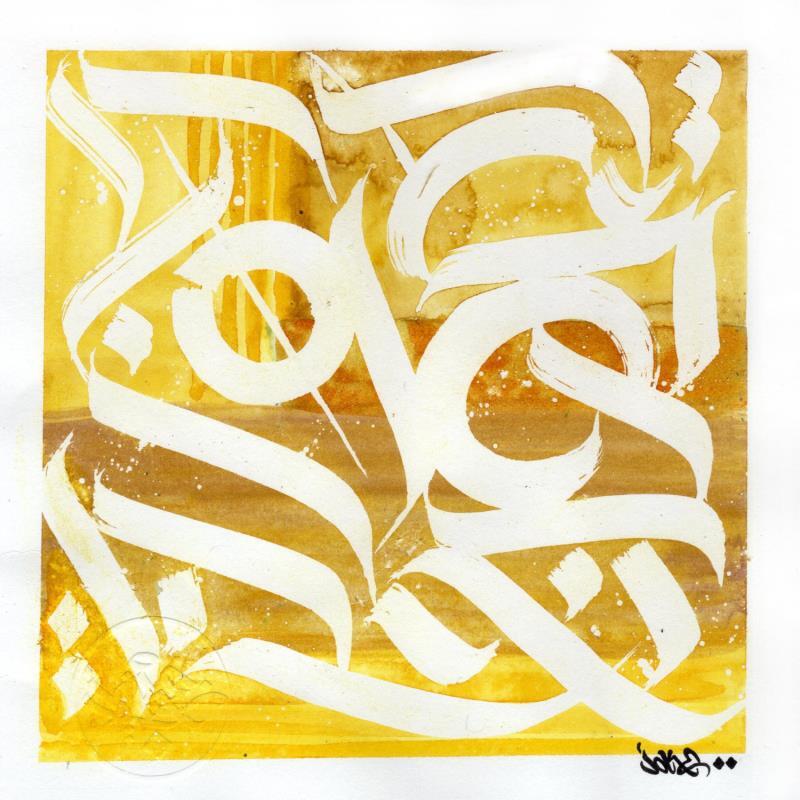
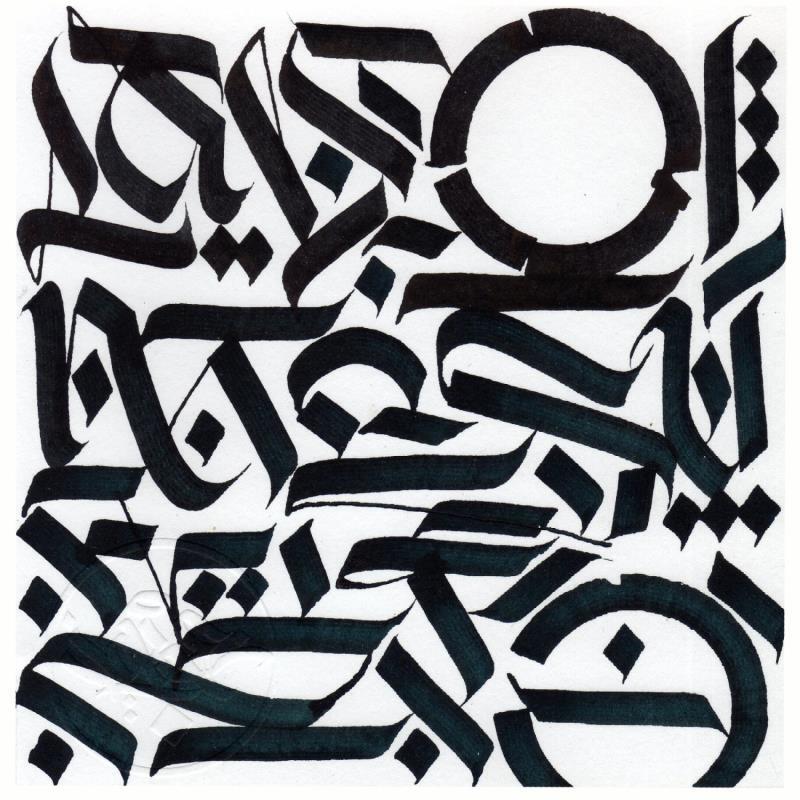


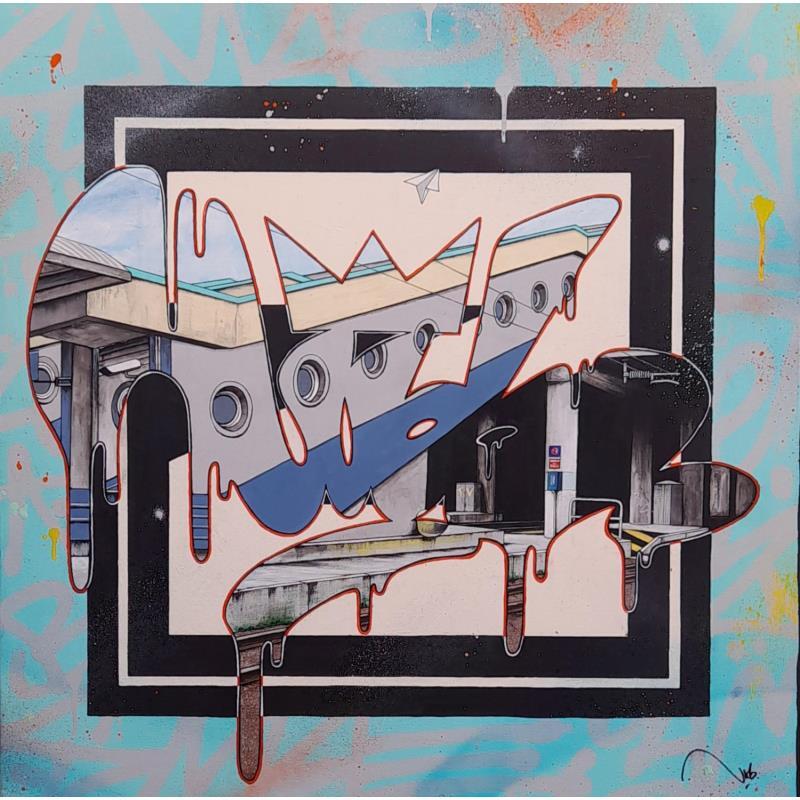
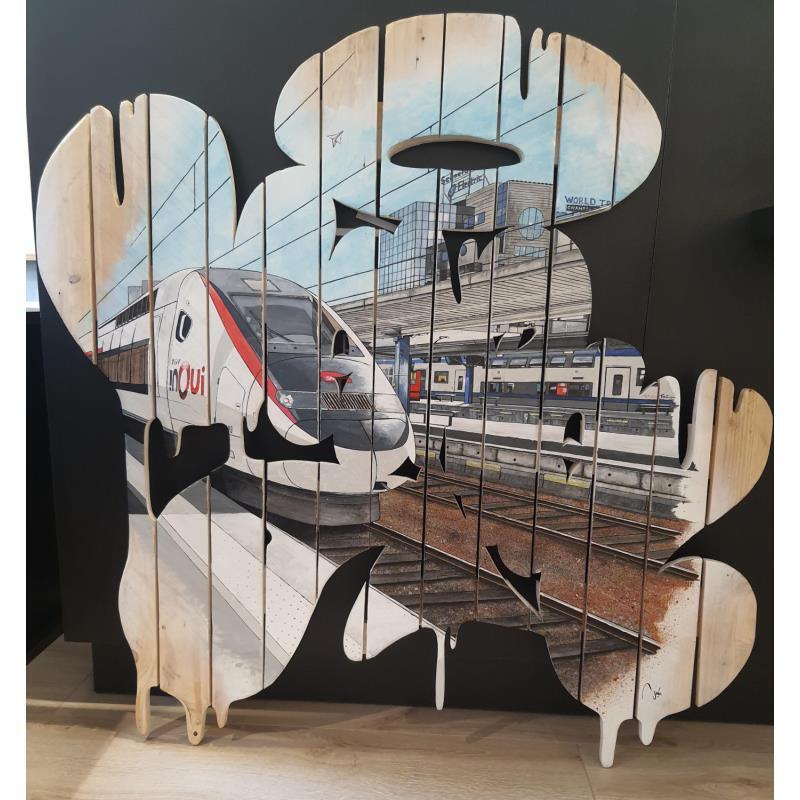


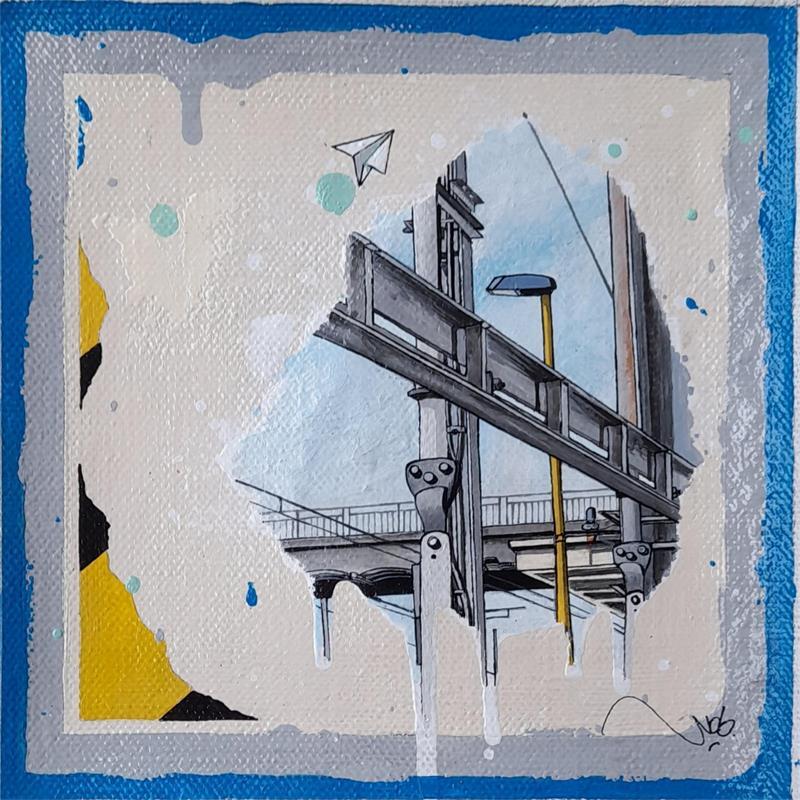

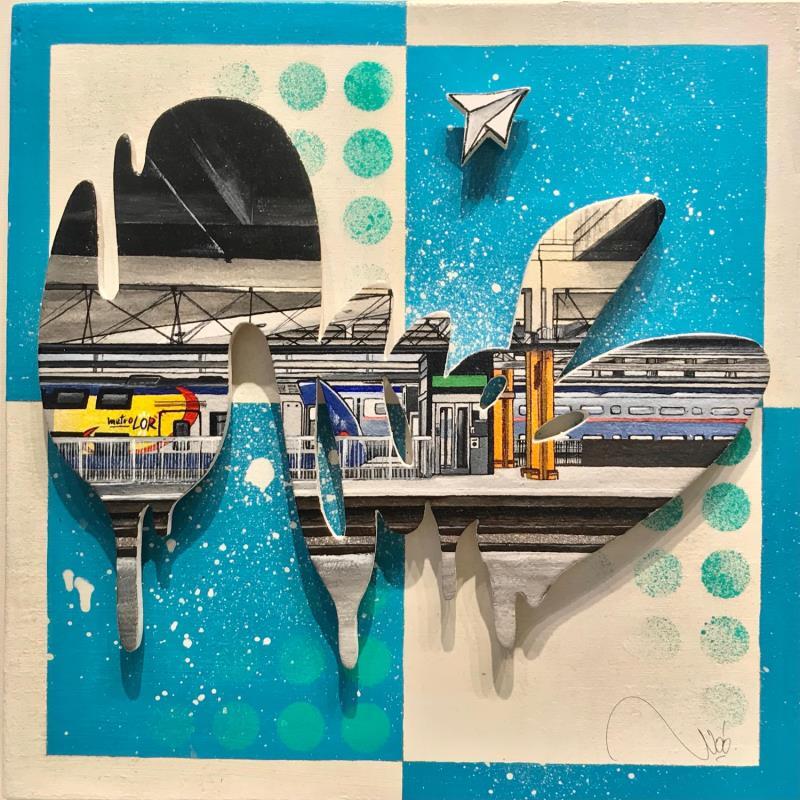
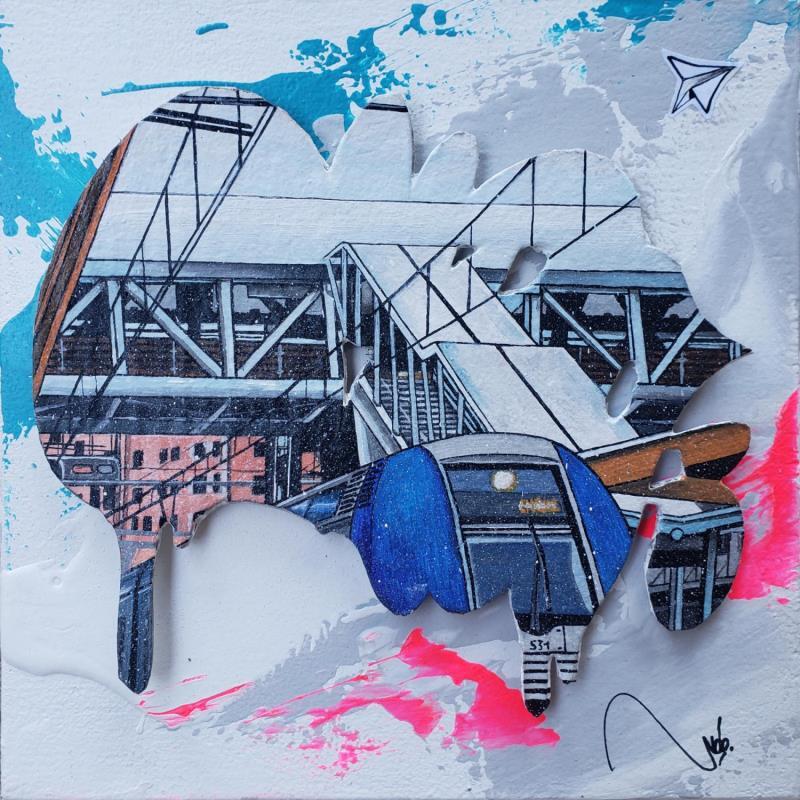
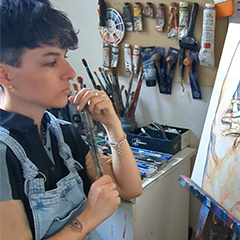
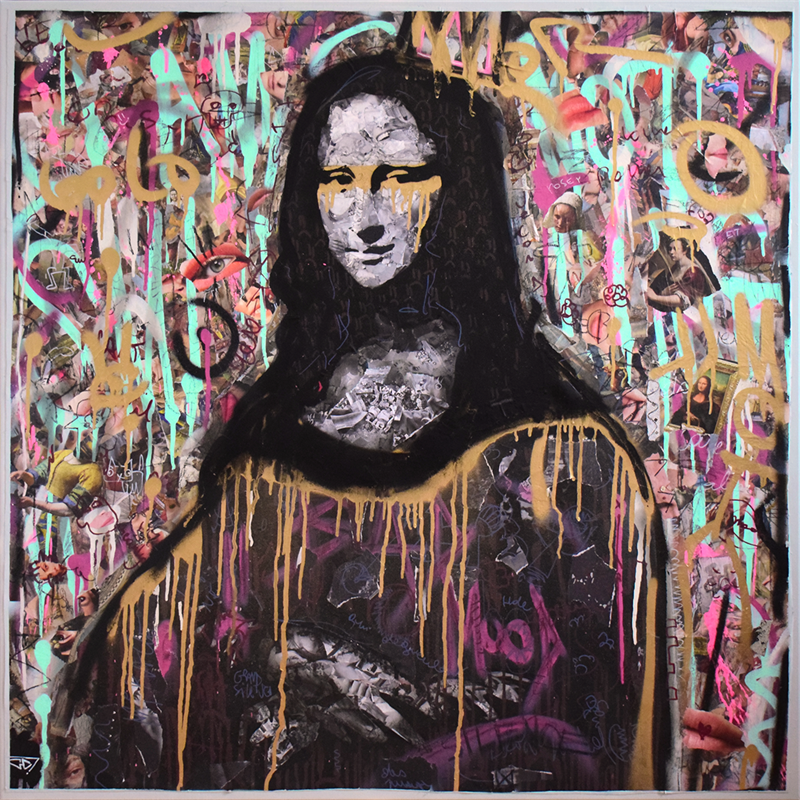
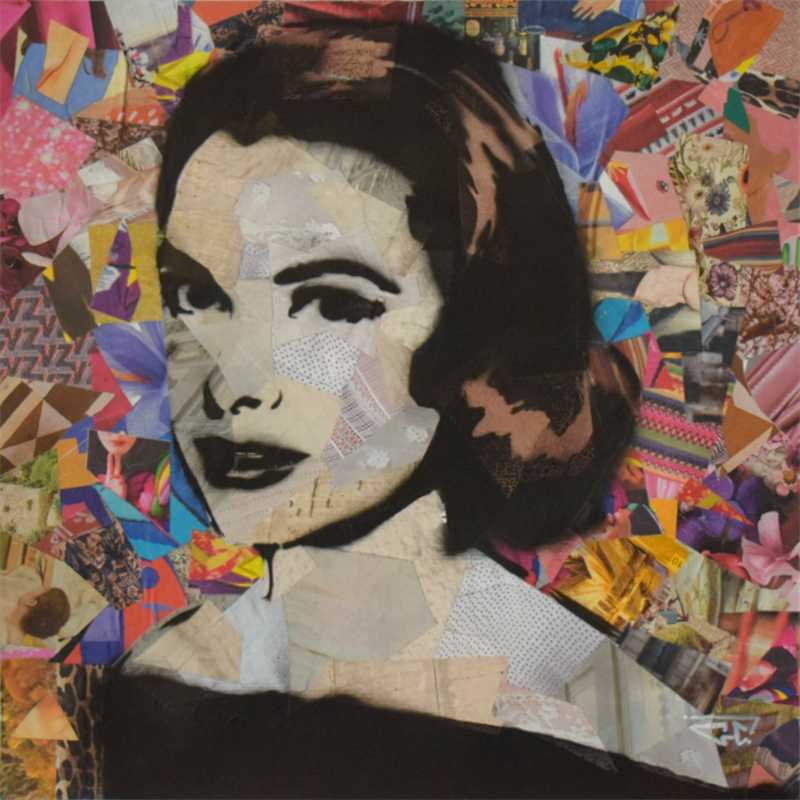
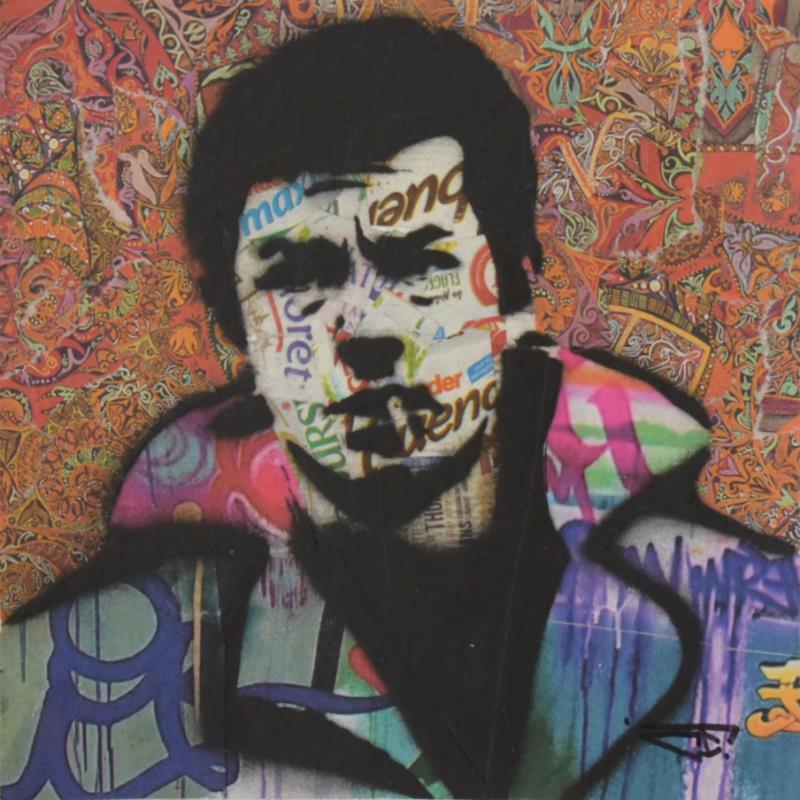
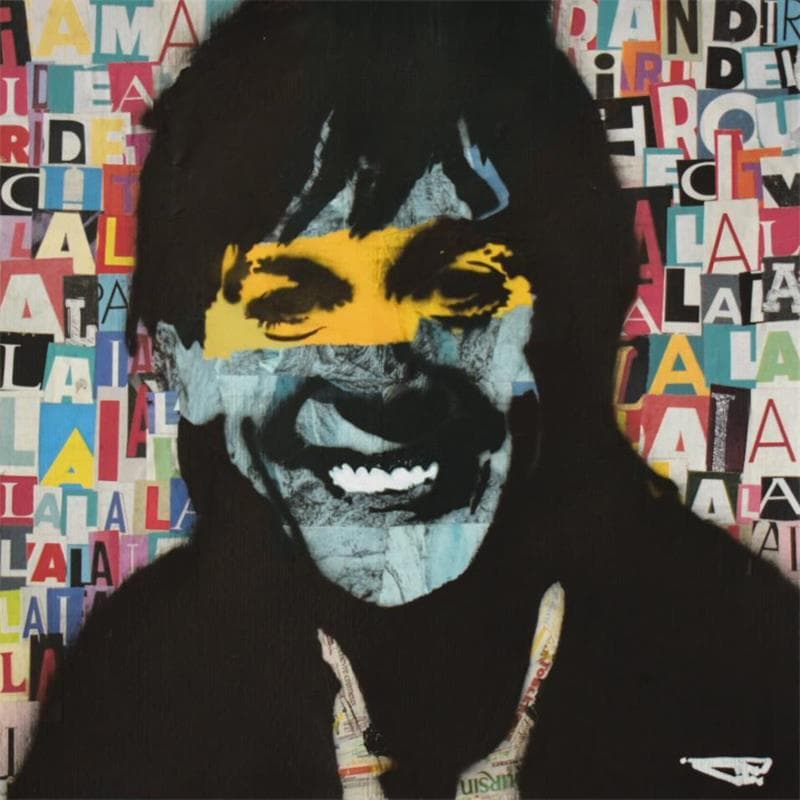

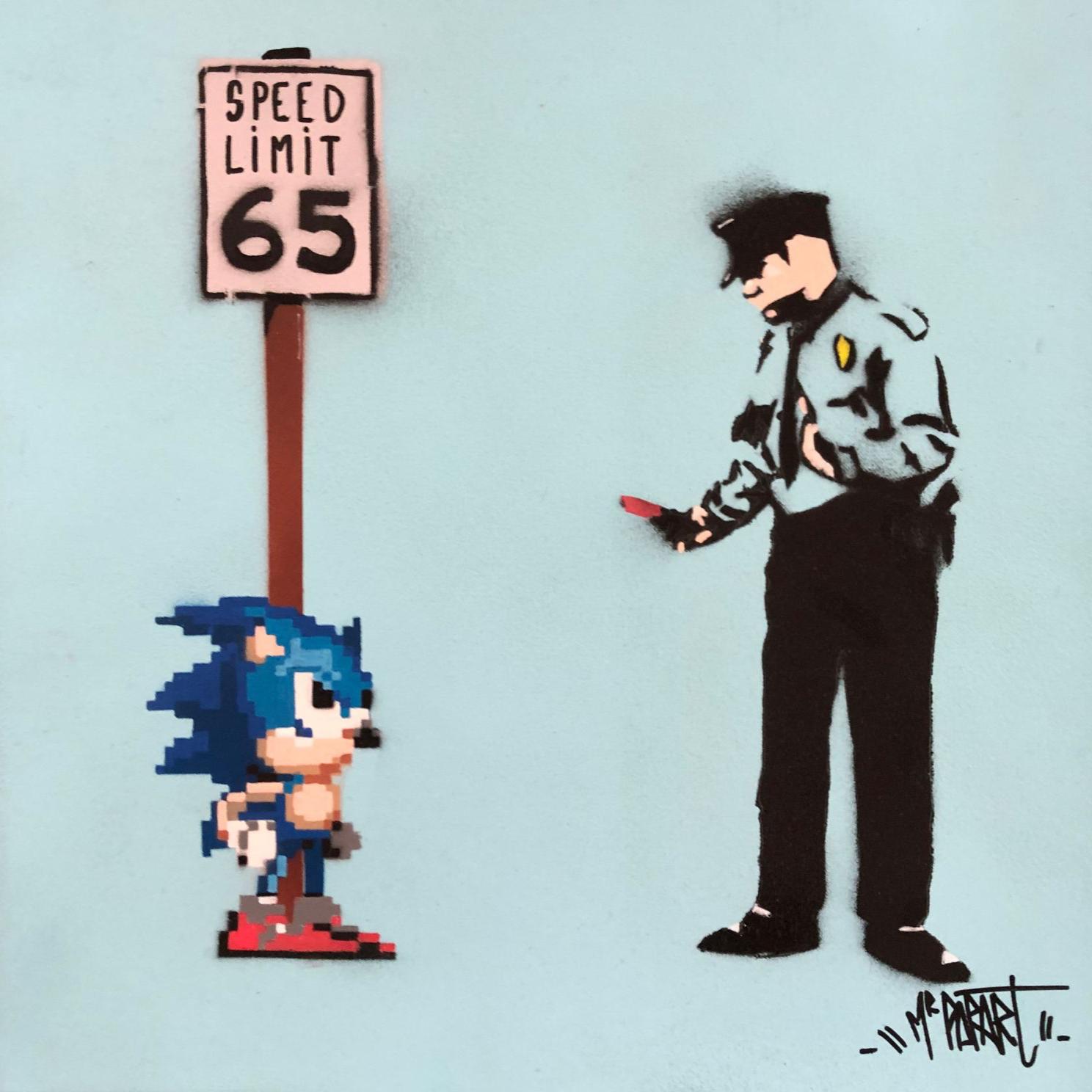
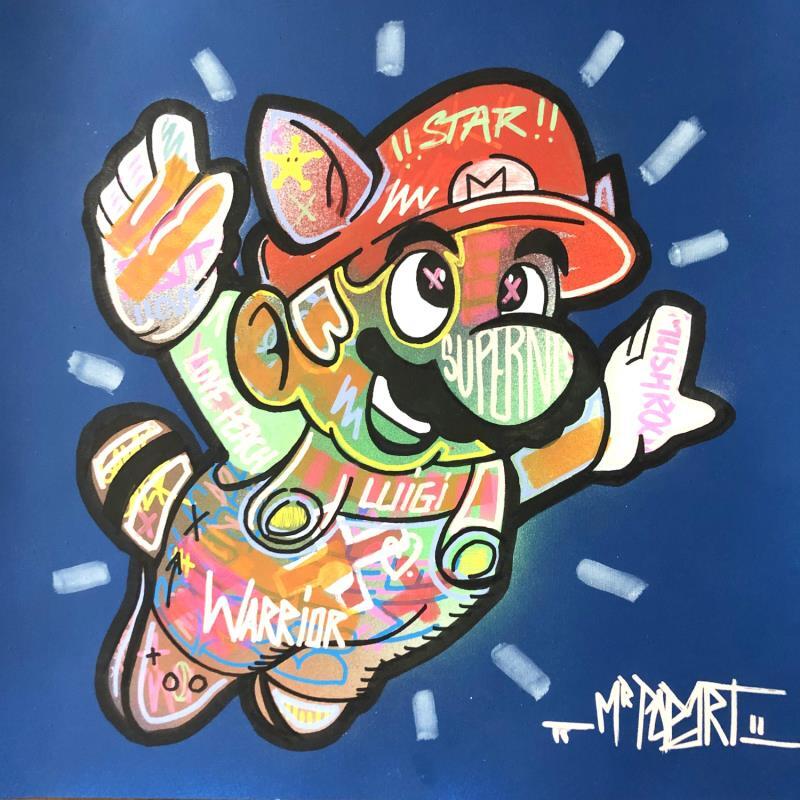
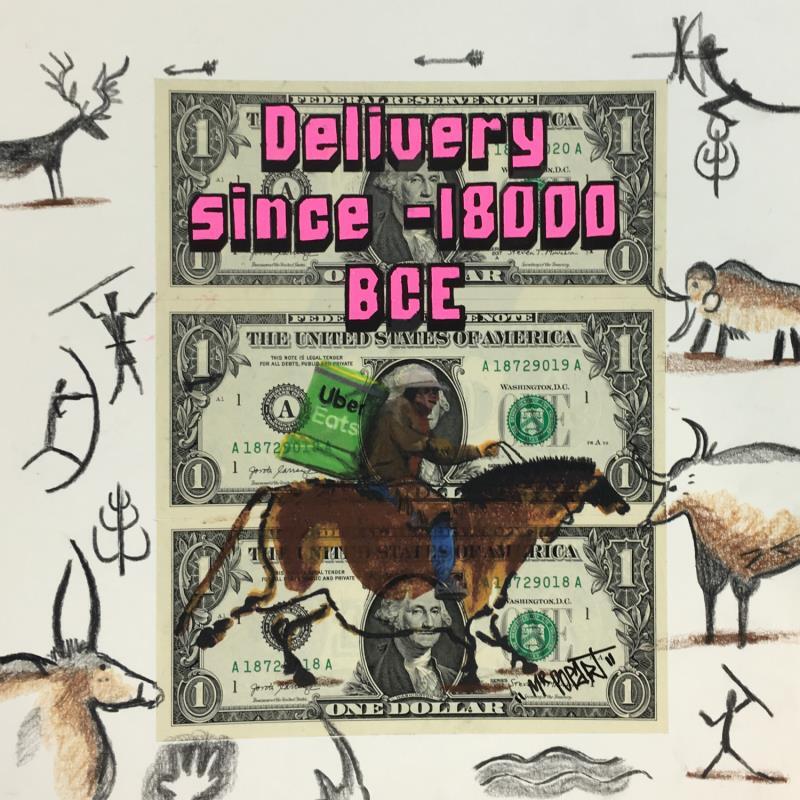
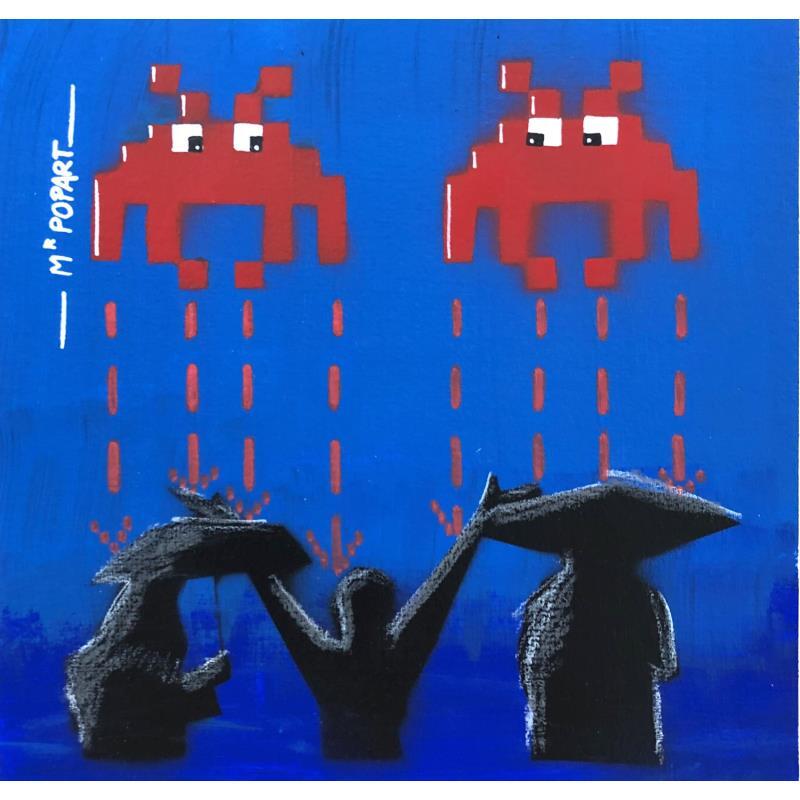
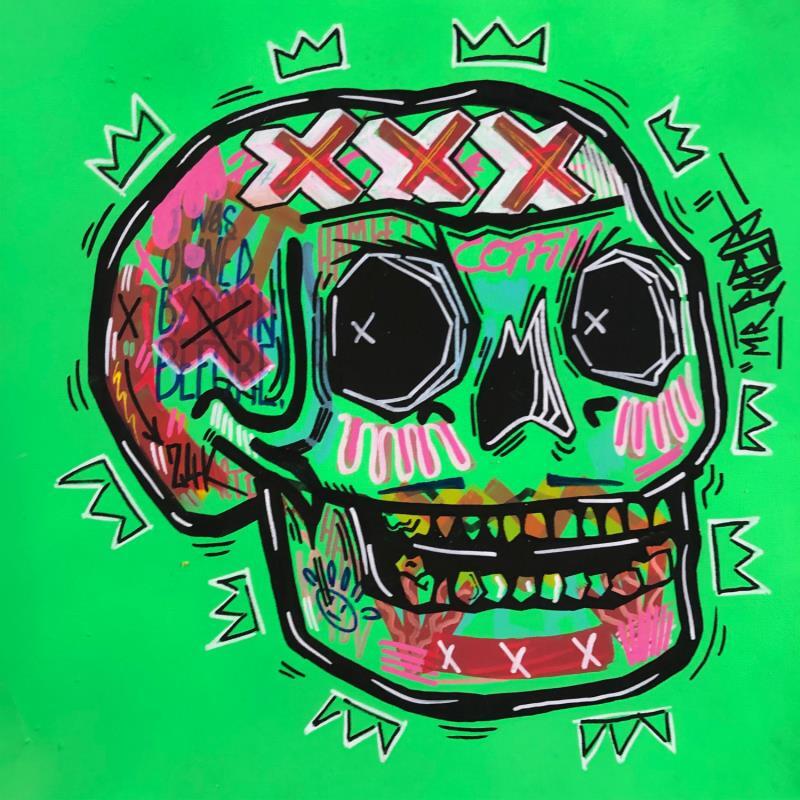
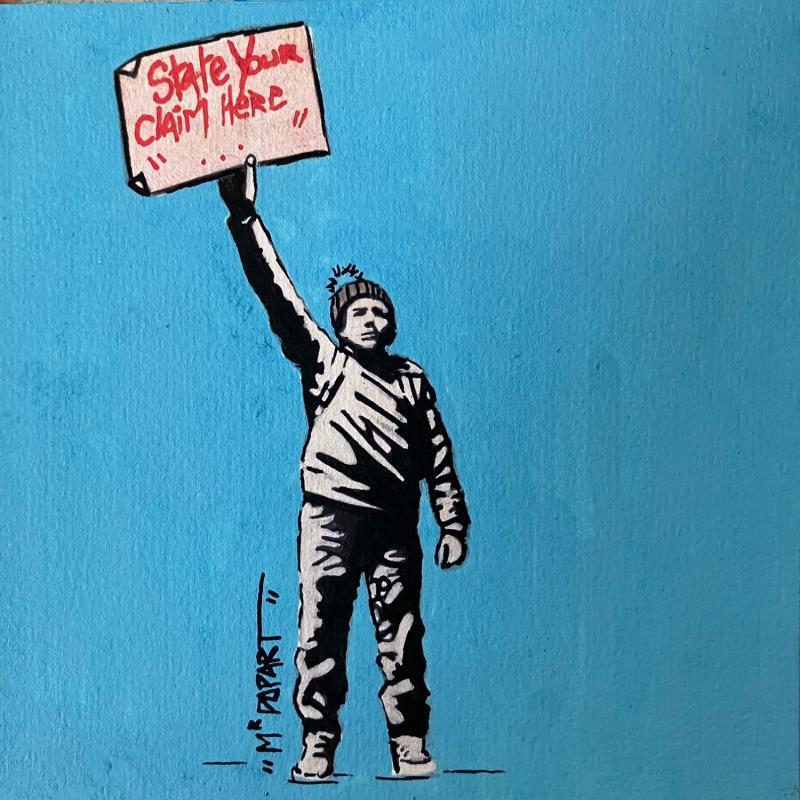
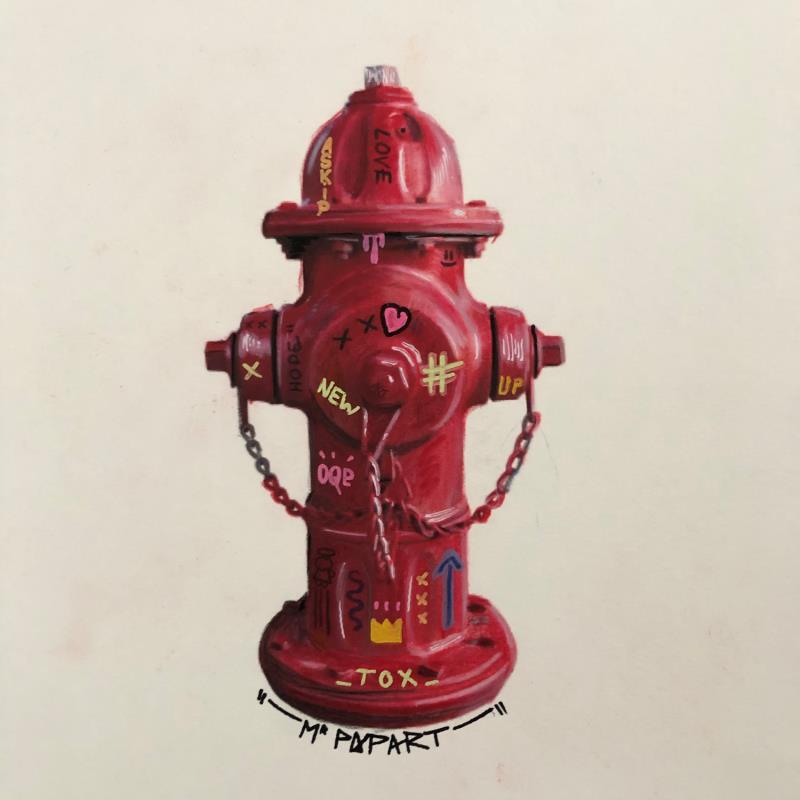
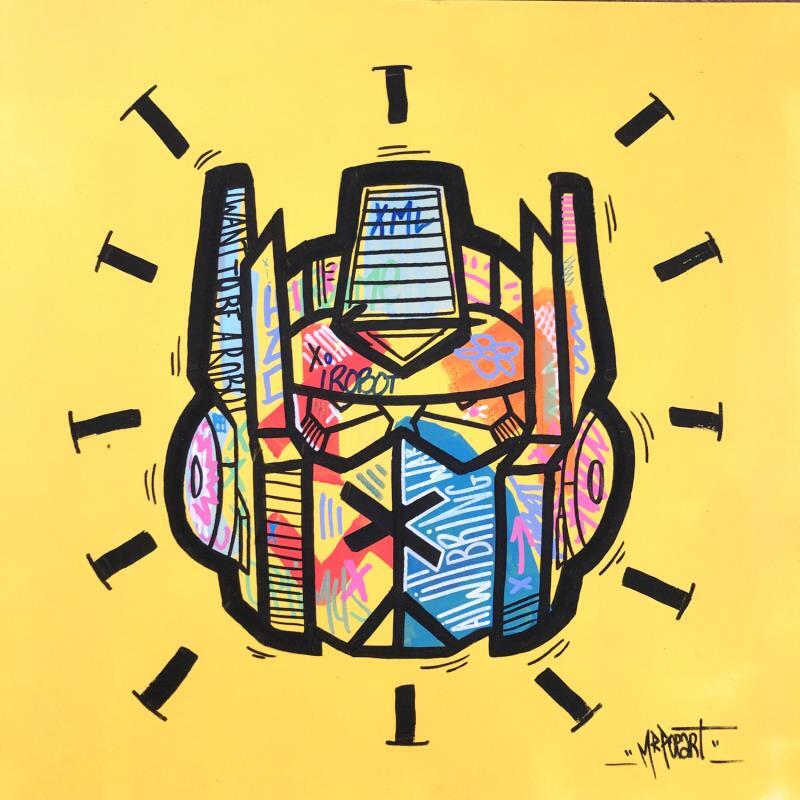
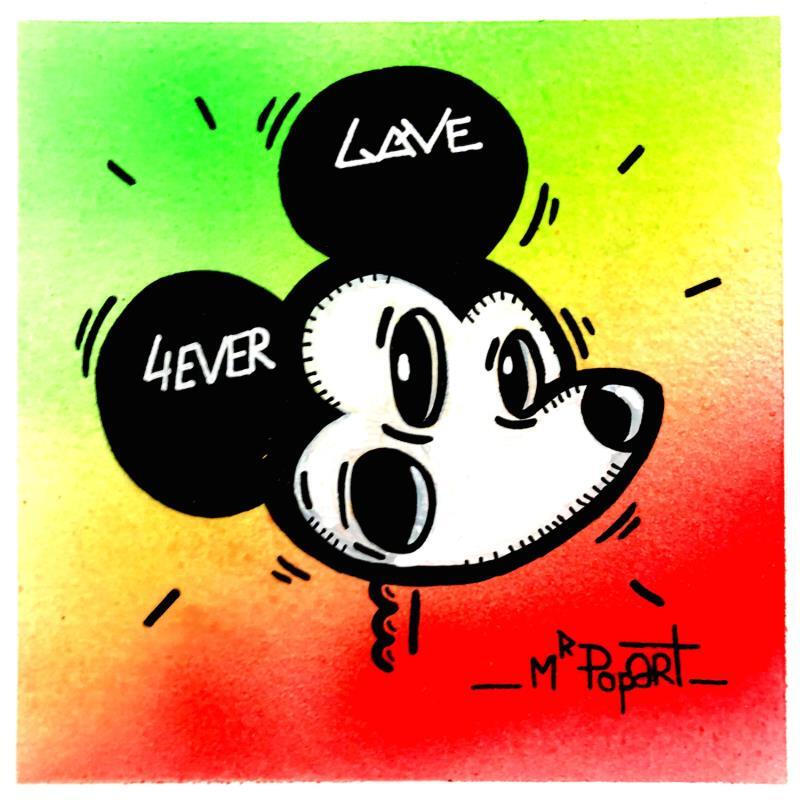






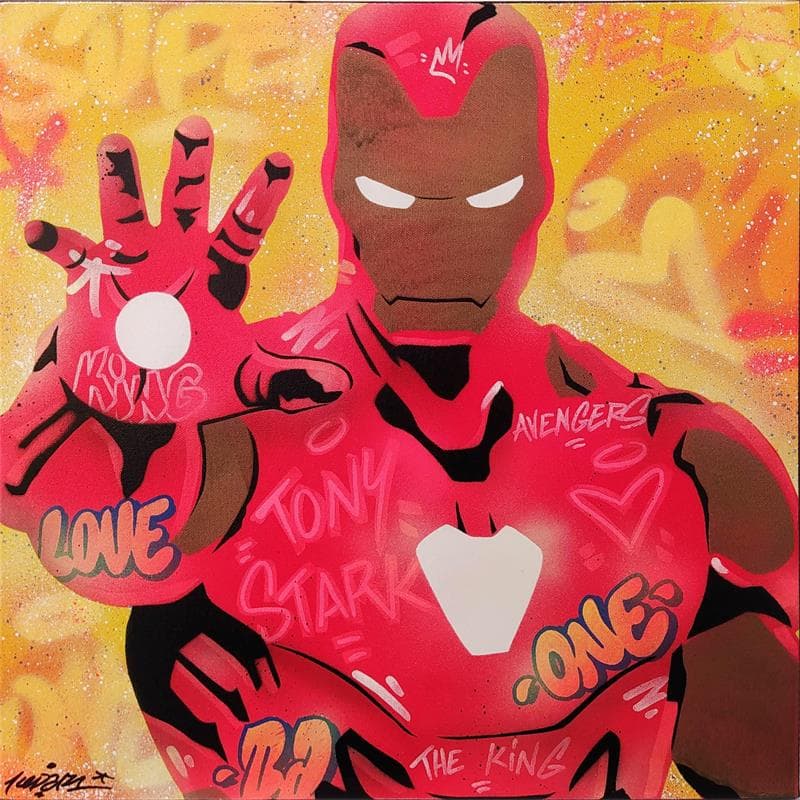
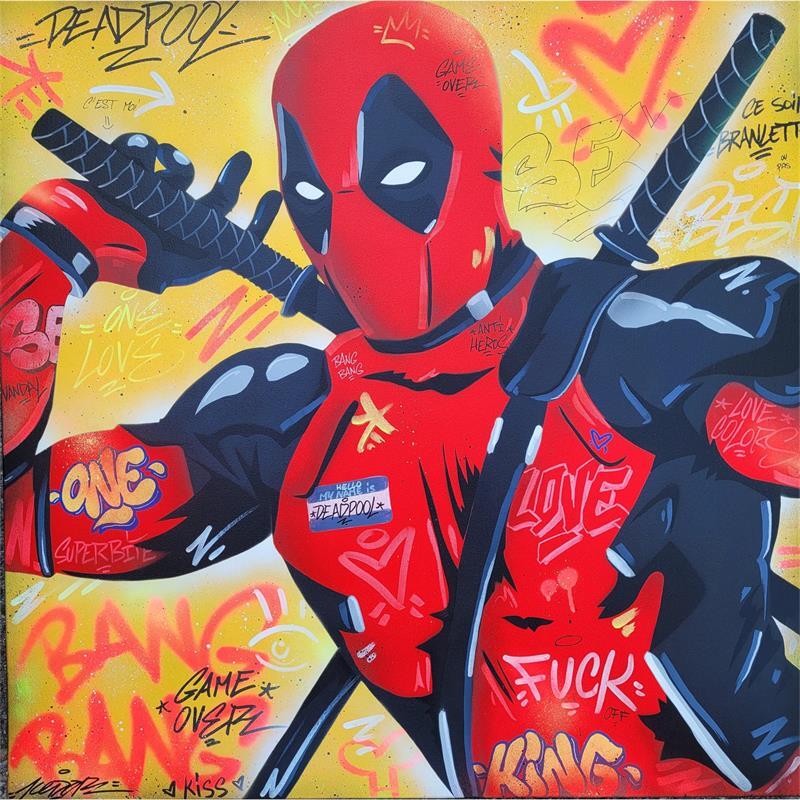
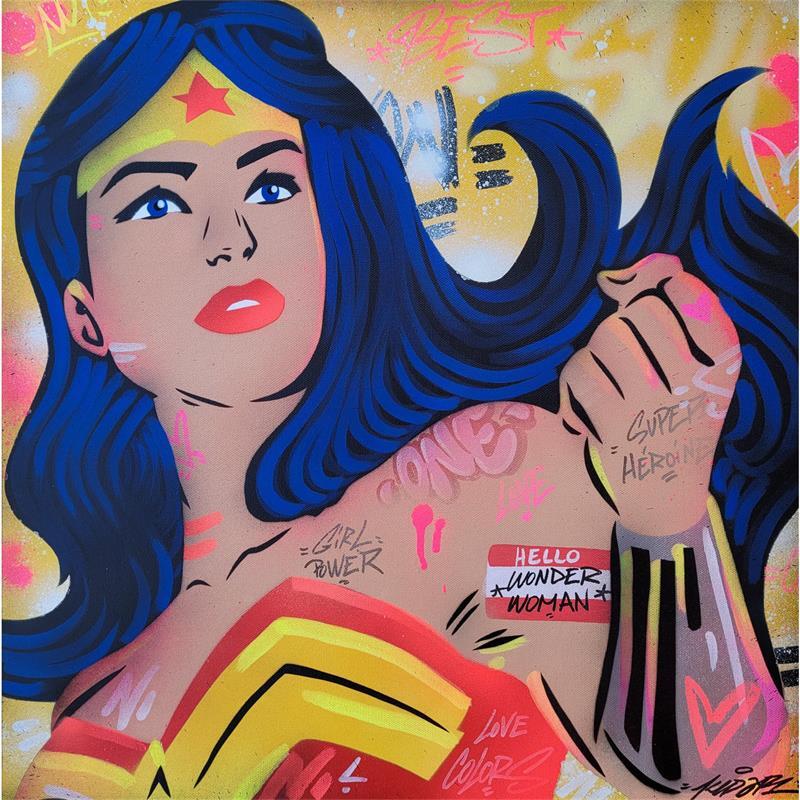

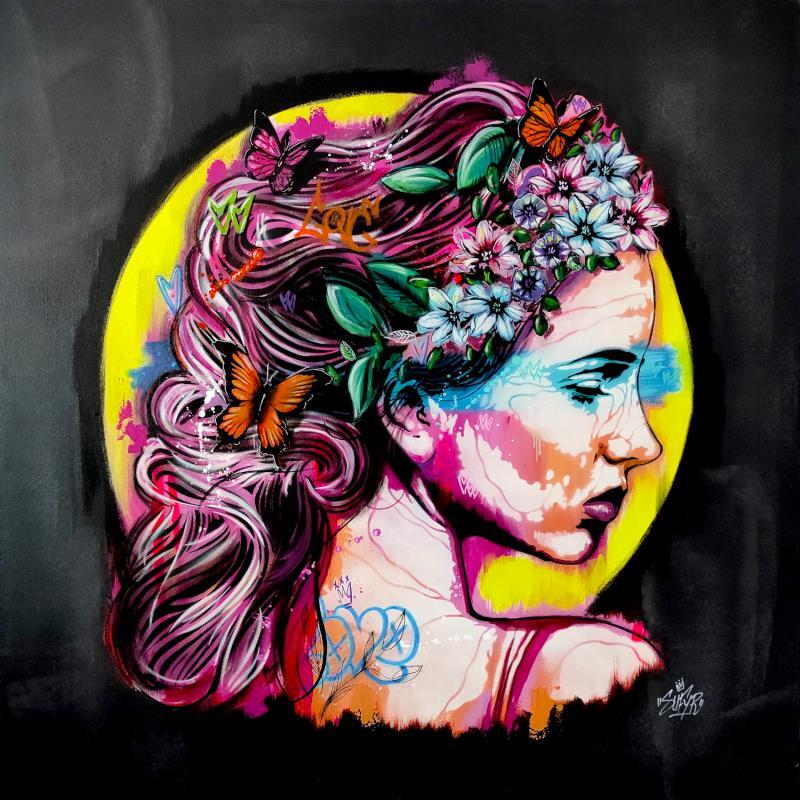
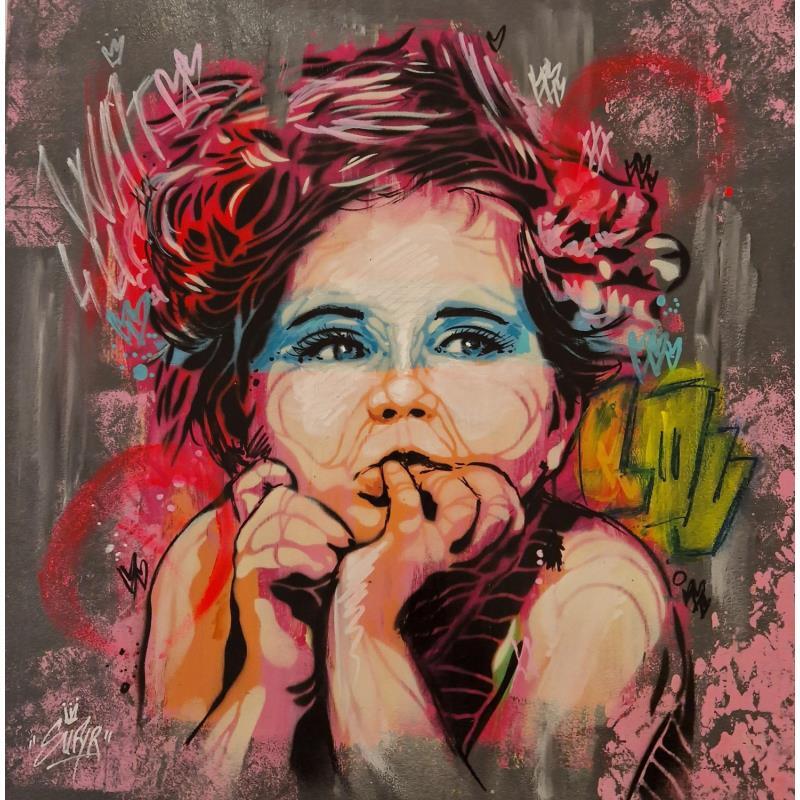
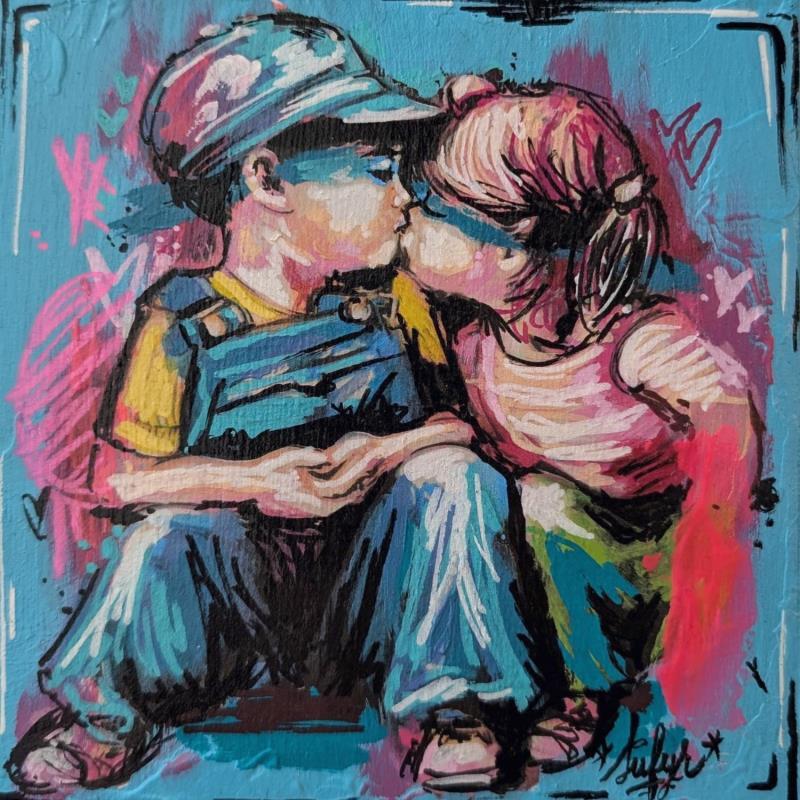

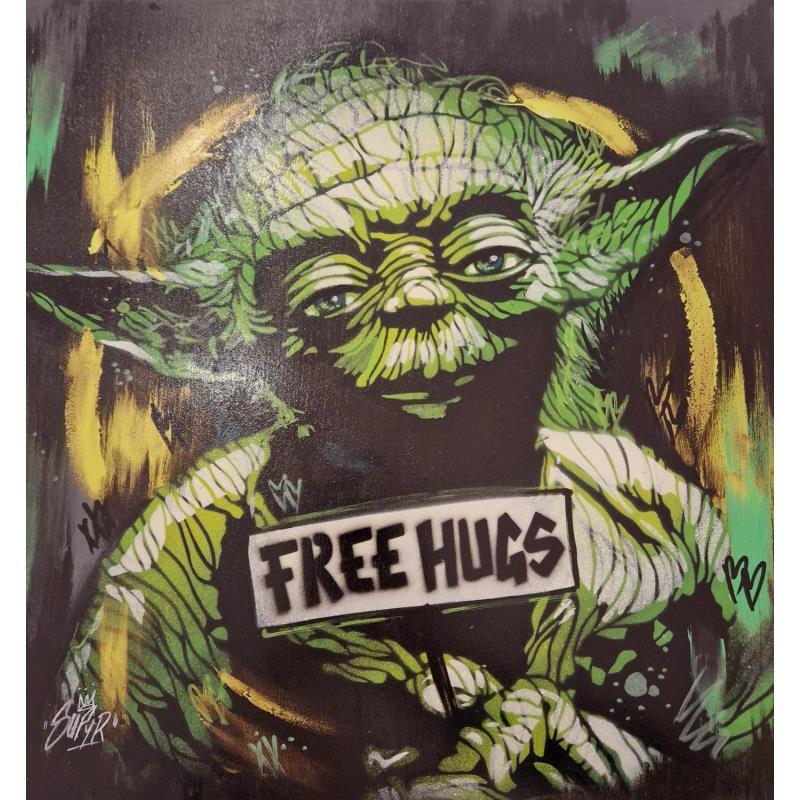
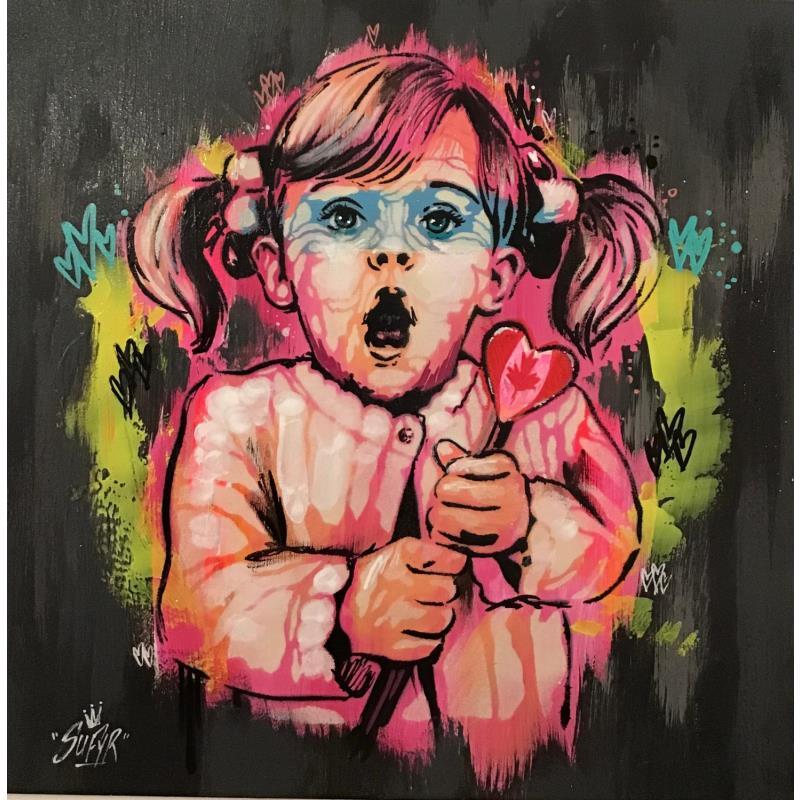
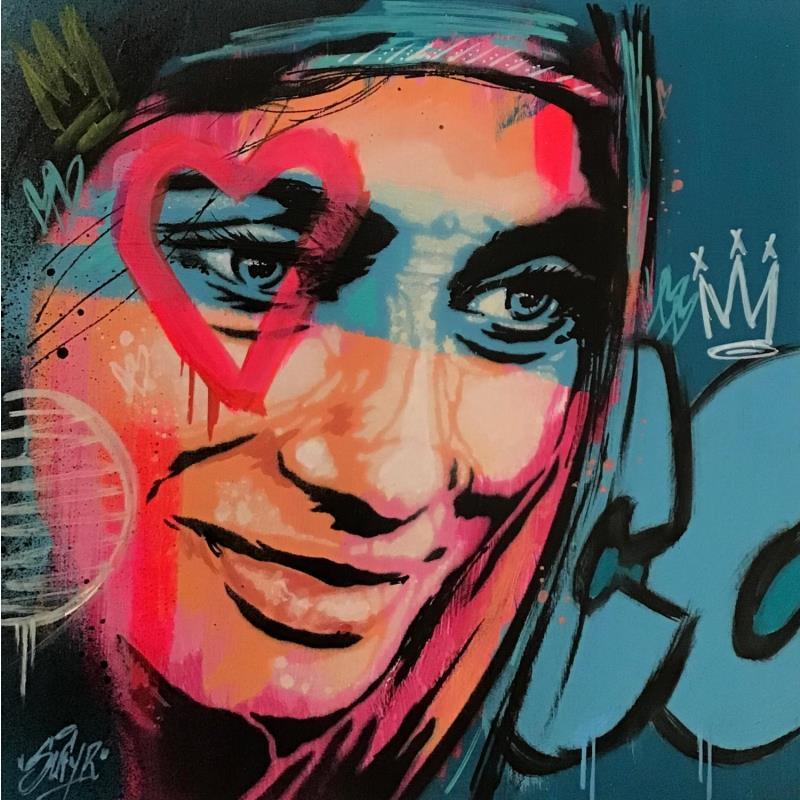
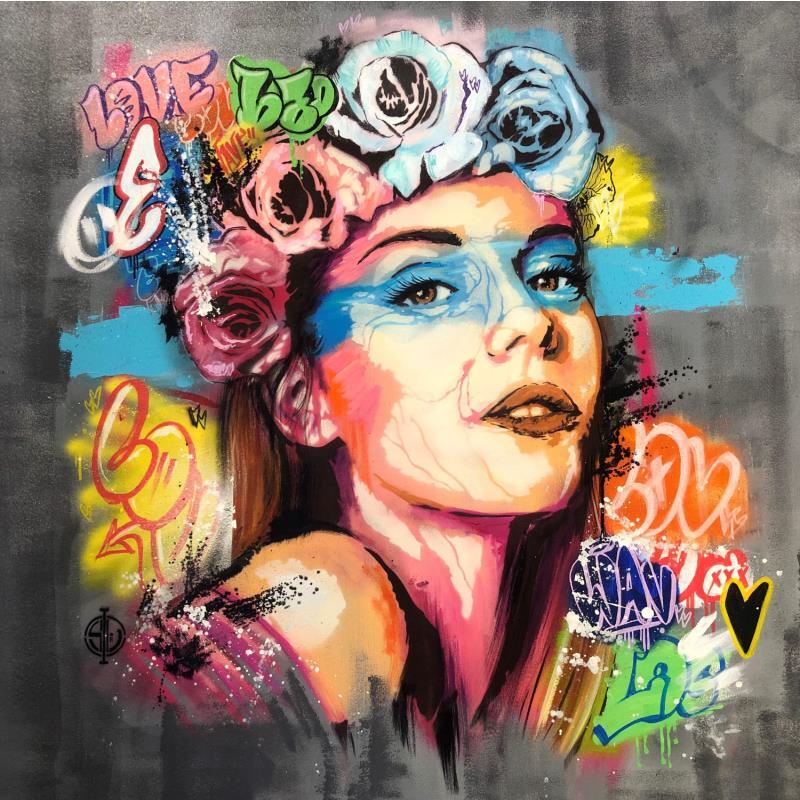
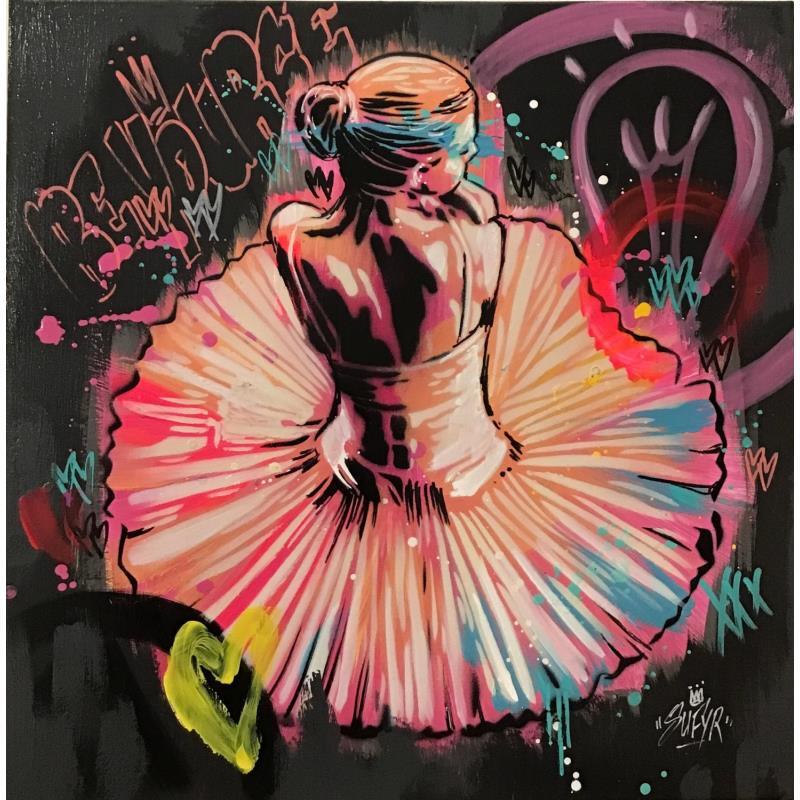
2.jpg)



